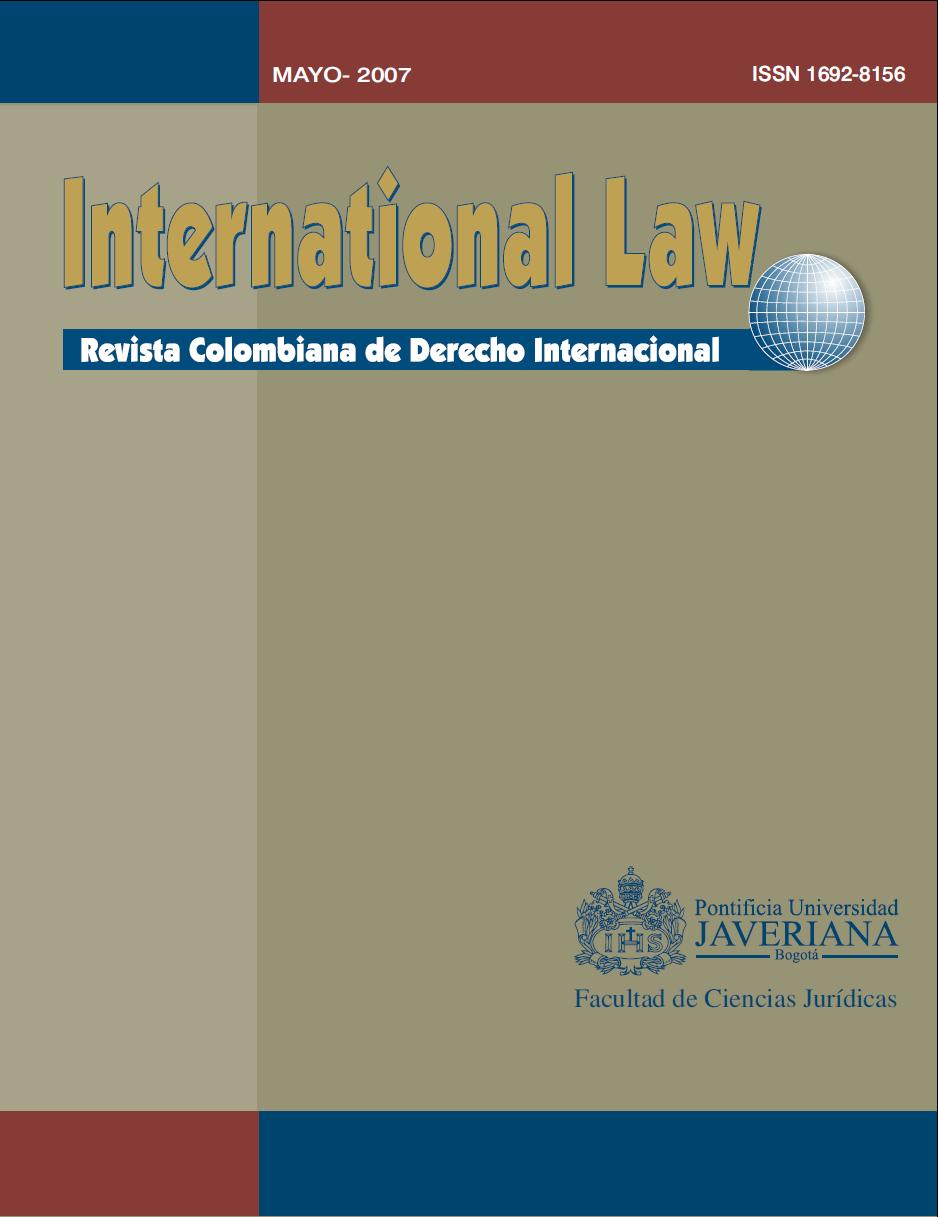Abstract
The construction of indicators on sexual violence in the Colombian armed conflict result from the statement of the unconstitutional state of affairs issued by the Court in sentence T-025 of 2004 and especially in writ 092 of 2008 through which the Court decided to protect the rights of women who are victims of forced displacement caused by the armed conflict. This construction has been established as crucial for the guidelines of public criminal policy in the country. This process of constructing indicators has been characterized by an active participation of feminist NGOs and by a collective construction process including the women's movements, the Constitutional Court and the Government. This paper aims at illustrating how this way of constructing indicators, especially with the involvement of what I call punishment feminism, may have the potential to determine public criminal policies intended to guide the way the state should deal with sexual violence, even sexual violence that occurs outside the context of internal armed conflict. The discussion will be based on the idea of the indicator as a government technology and its use as a way to legitimize what has been named “new formal punitive control on sexual crimes.”This journal is registered under a Creative Commons Attribution 4.0 International Public License. Thus, this work may be reproduced, distributed, and publicly shared in digital format, as long as the names of the authors and Pontificia Universidad Javeriana are acknowledged. Others are allowed to quote, adapt, transform, auto-archive, republish, and create based on this material, for any purpose (even commercial ones), provided the authorship is duly acknowledged, a link to the original work is provided, and it is specified if changes have been made. Pontificia Universidad Javeriana does not hold the rights of published works and the authors are solely responsible for the contents of their works; they keep the moral, intellectual, privacy, and publicity rights.
Approving the intervention of the work (review, copy-editing, translation, layout) and the following outreach, are granted through an use license and not through an assignment of rights. This means the journal and Pontificia Universidad Javeriana cannot be held responsible for any ethical malpractice by the authors. As a consequence of the protection granted by the use license, the journal is not required to publish recantations or modify information already published, unless the errata stems from the editorial management process. Publishing contents in this journal does not generate royalties for contributors.


